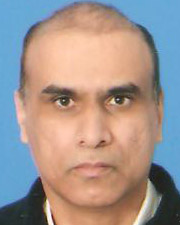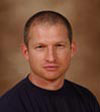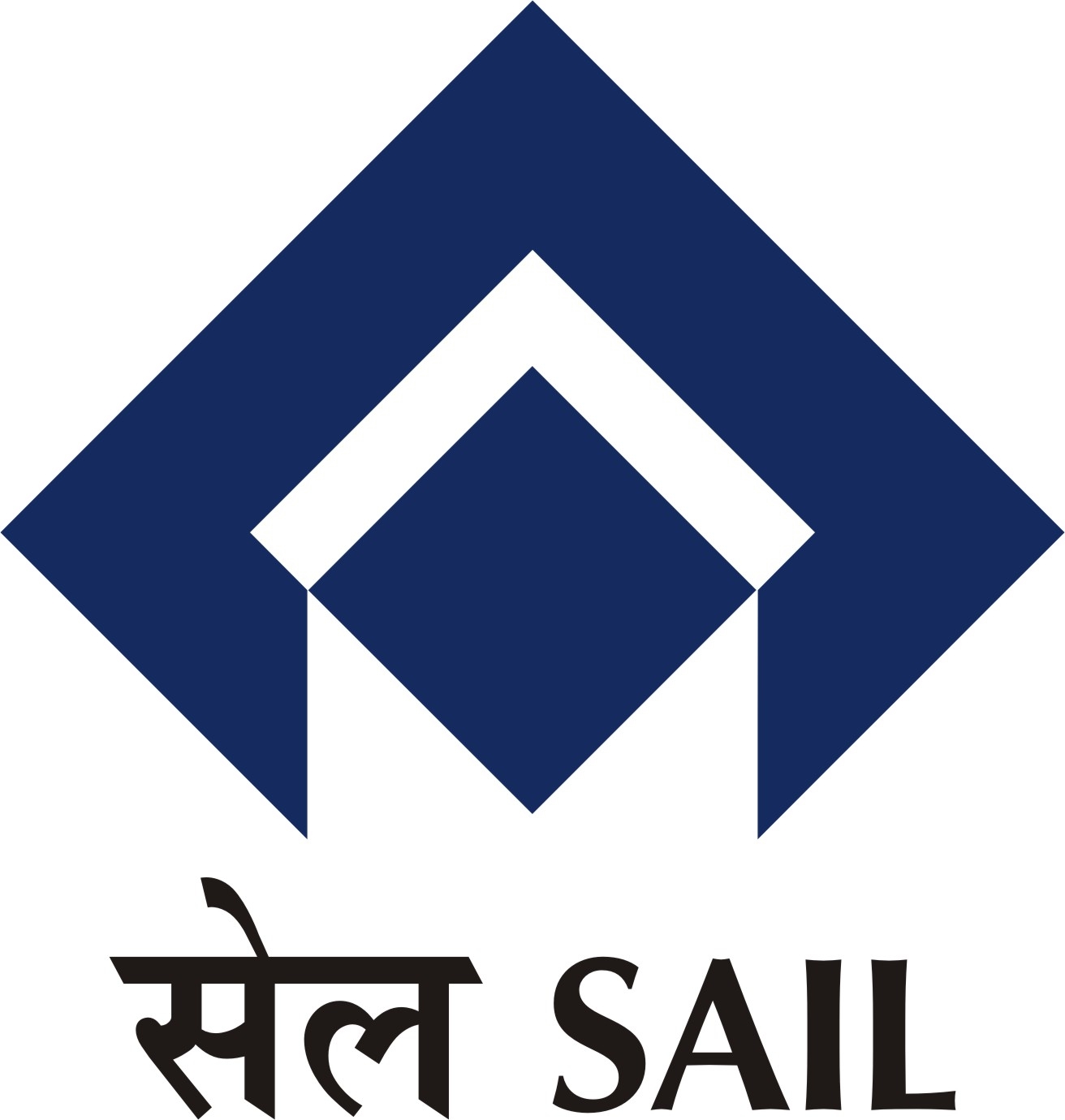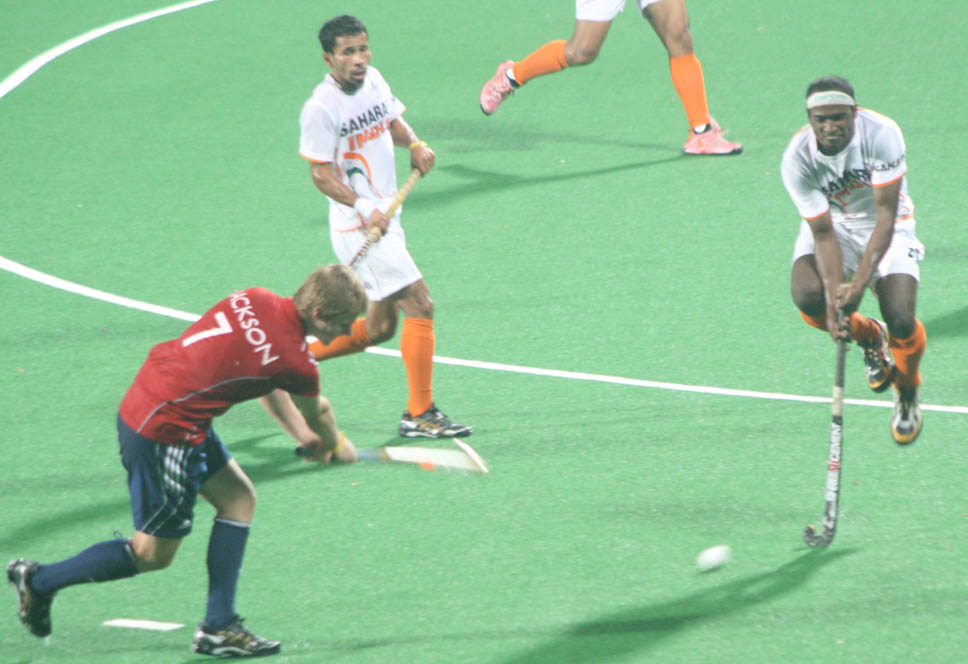Share
ENGLAND’S RESURGENCE
England have taken everyone by surprise in this World Cup.
England who since 1988 had failed to reach the semi-finals of either the World Cup or the Olympics, as Great Britain in the latter case, have emerged as one of the clear favourites for the title of the World Champions.

The only team not to lose a single point at the end of the fourth round of league matches was also the first one to be assured of the semis spot.
Their over all strength is awesome. Losing the services of vital players like Simon Mantell and Matt Daly on the eve of the World Cup and Richard Mantell during the third game has made little difference.
Team has the best penalty corner conversion rate without having a frightening name like Taekema, Abbas, etc.
The man given the biggest credit for this turn around is the coach Jason Lee.
Among other things, he has given the team the all important self belief, “we can beat any team in the world”.

The Olympic qualifier for 2008 Olympics at Chile could be termed as a turning point.
where as Great Britain they qualified by defeating India in the final (thus making the eight time Olympic champions miss out on the Olympics for the first time ever).
At Beijing itself, Jason Lee’s boys performed beyond expectations and the team GB finished fifth.
Though the team lost stars like John Brady and Marsden immediately after the Olympics, there has been no looking back. The side has gone from strength to strength. In 2009, England surprised every one by winning the European nations championships for the first time ever. That was a real confidence booster.
The transformation entails not only the results but also the style. Whereas at Beijing, it was dogged defence and determination, at Delhi, attack and flair are the hall marks of the team.
1988 Olympics, GB/England’s finest hour, had taken eight years of planning and preparation. This time around it took Jason Lee four years to make the side a real world beater.
Lee has also been lucky as quite a few good things happened during this period, all contributing towards this cycle of success.

With eyes on the Olympic 2012, in their own backyard, hockey is the biggest recipient of the government funding among the team sports enabling the side to have training camps and tours.
Lee has a very talented lot of players at his disposal.
The highly competitive and well covered EuroHockey League (for clubs) where the top three English clubs appear every year provides great exposure to the players.
Likewise, the Dutch league, easily the best domestic hockey set up in the world with stars from all over the globe plying their trade there, has certainly made the England captain Barry Middleton, and the young star Ashley Jackson better players.
Jason Lee’s style emphasises fast play and recent rule changes have complemented his approach.
England defender Ben Hayes rightly stated, “Self pass suits England team’s style of play.”
Interestingly, the 2009 European Nations Championships won by England was the first international competition to have the self pass rule.
Lee’s approach has multi dimensional facets. He stresses role of individual players, variety in patterns, and adaptation to changing situations.
The players’ mind set, body language, discipline and team work have made this outfit something special, always aiming to achieve greater glories.
But it has been a team effort as well.
Jason Lee gives great credit to consistency in organisation, funding and structure.
“For last six years, the team has been getting great support from all the quarters. I also consider myself very lucky in having such a rich pool of talent at my disposal.”

There are also long term plans.
The pyramidal ‘single system’ aims to spread hockey evenly among all the sections of the society across the length and the breadth of the country. At the top are the six National performance centres headed by the 1988 Olympic gold medallist David Faulkner, then are the Regional performance centres and the system goes right down to club and school. Nick Catlin who is performing wonderfully in Delhi has been at the National performance centre.
As apposed to 1988, presently professionals are managing the GB/England hockey. Apart from David Faulkner, Richard Leman, the President of the Great Britain hockey, is also a 1988 Olympic gold medallist.
All this means that unlike post 1988, England can rightly hope to remain in the top echelons of the international hockey like Germany, Holland and Australia for times to come.
Ijaz Chaudhry (Pic: top right)writes on hockey and other sports. For more of him visit www.sportscorrespondent.info
Copyright: www.stick2hockey.com


